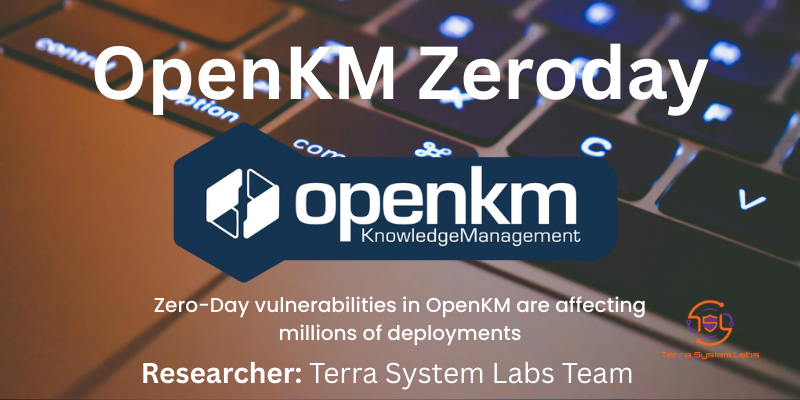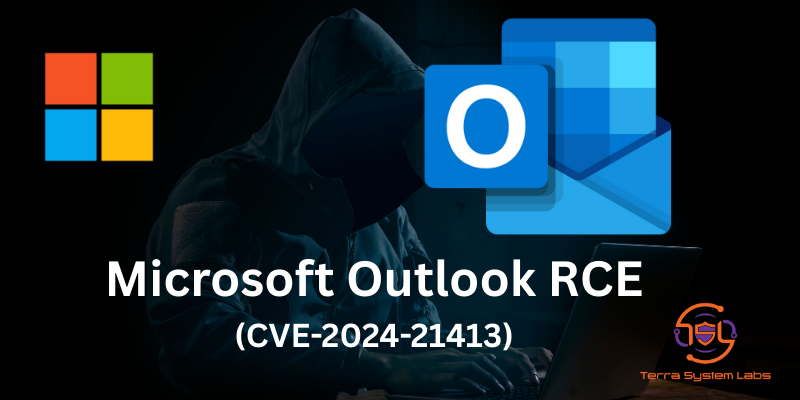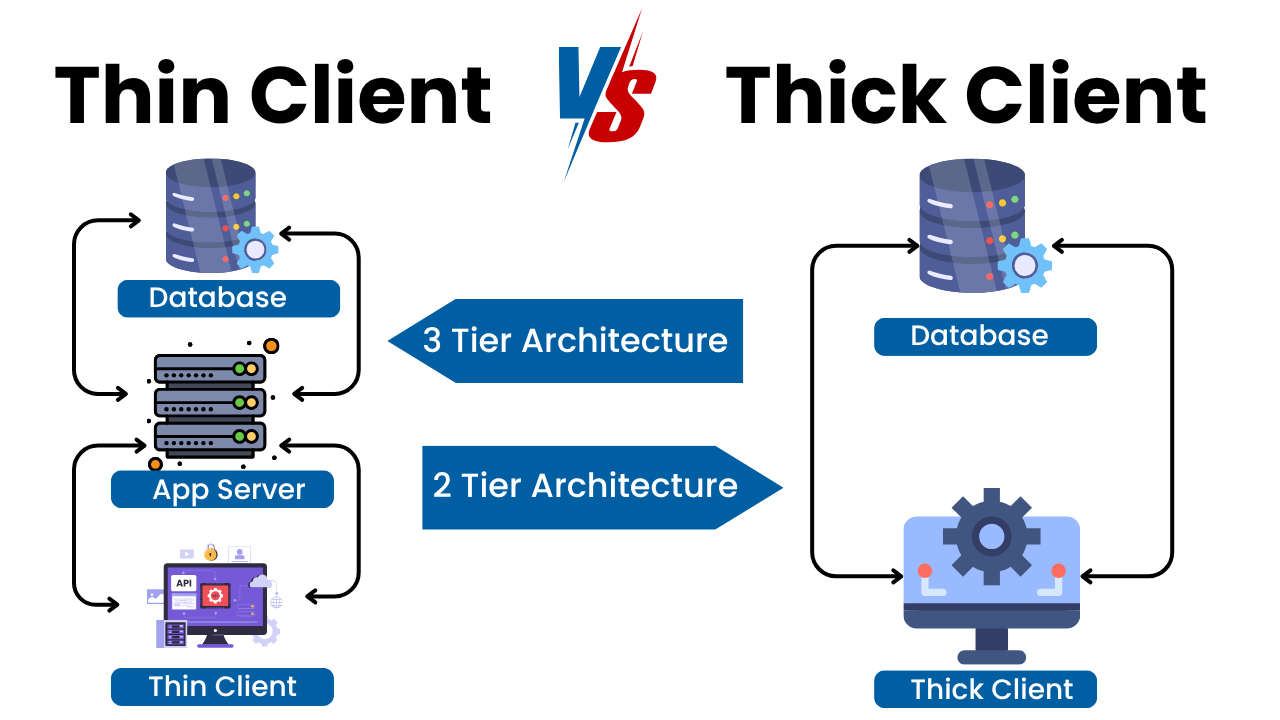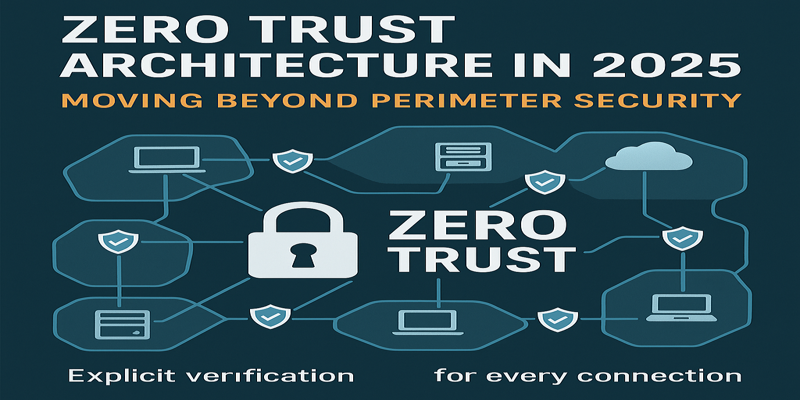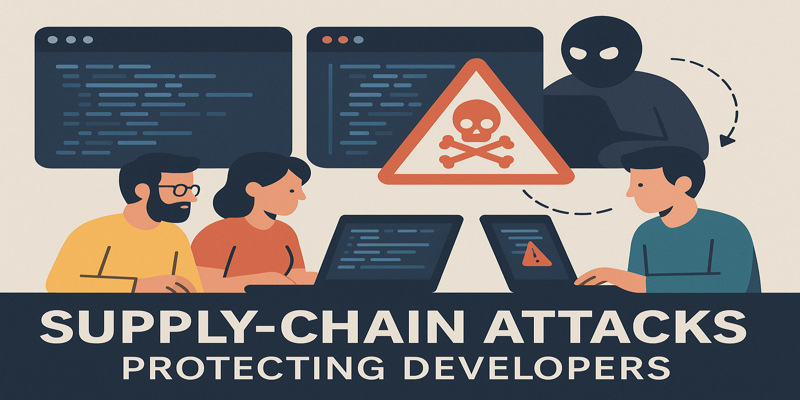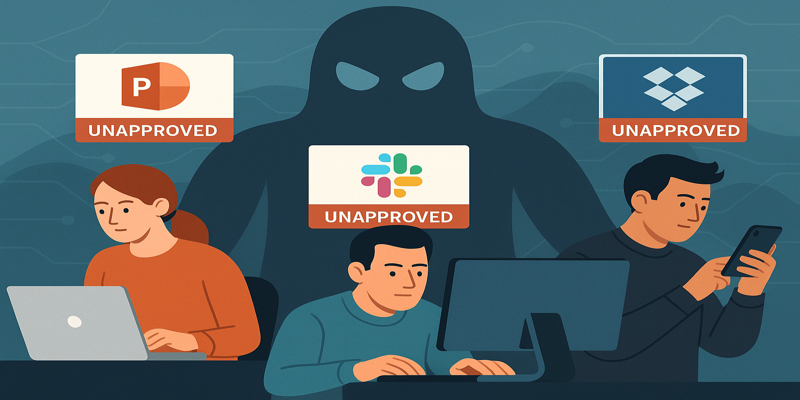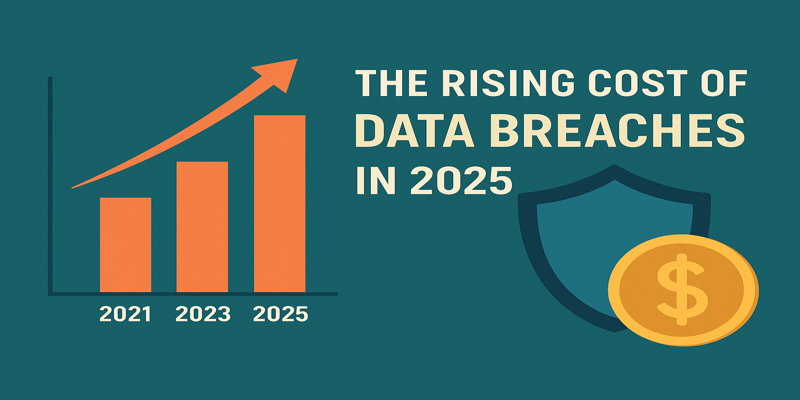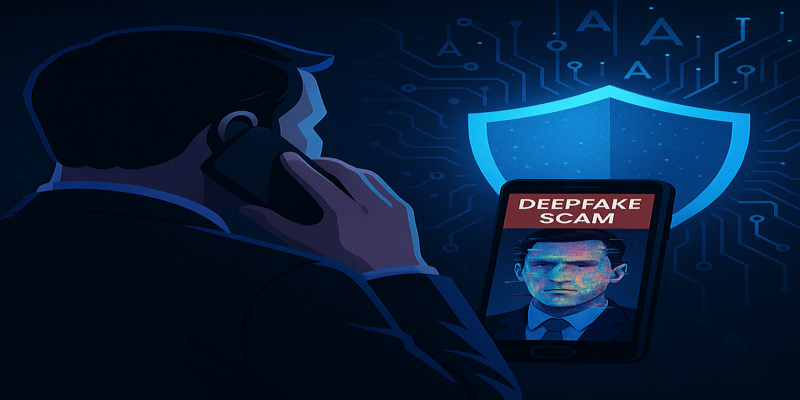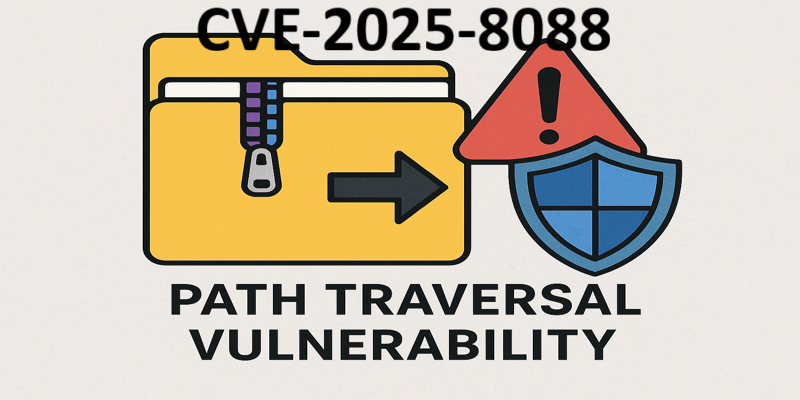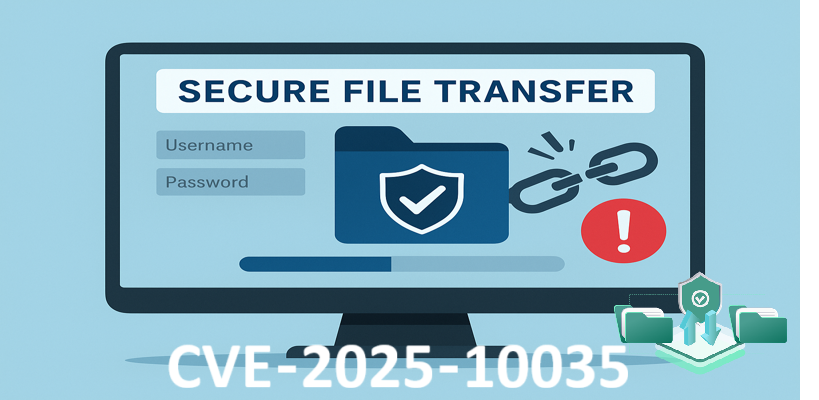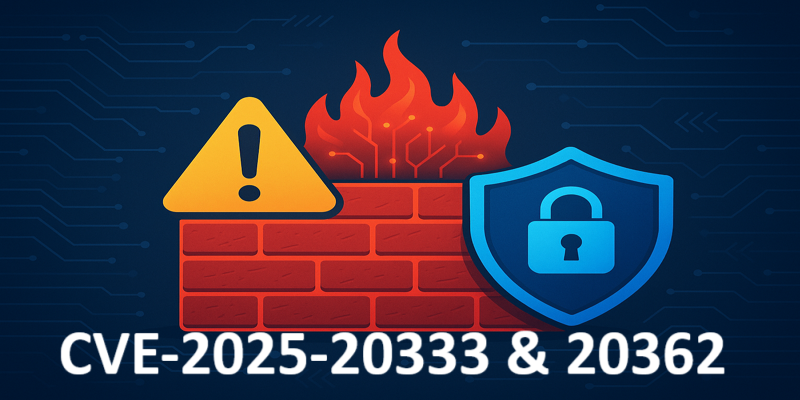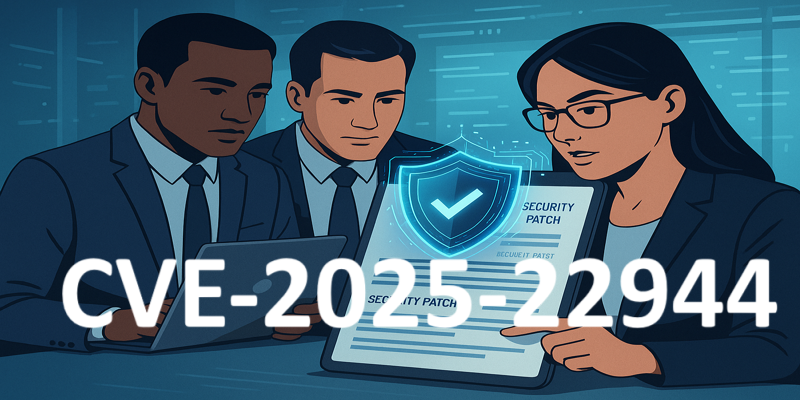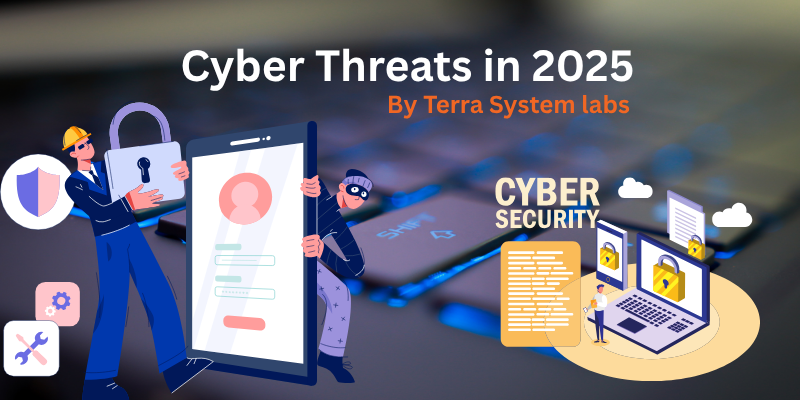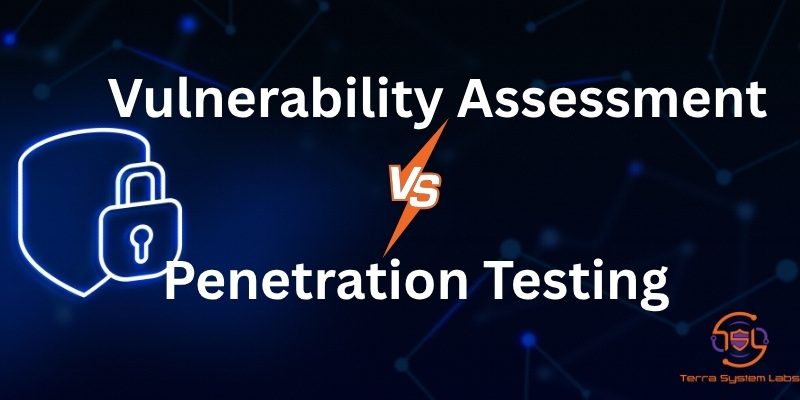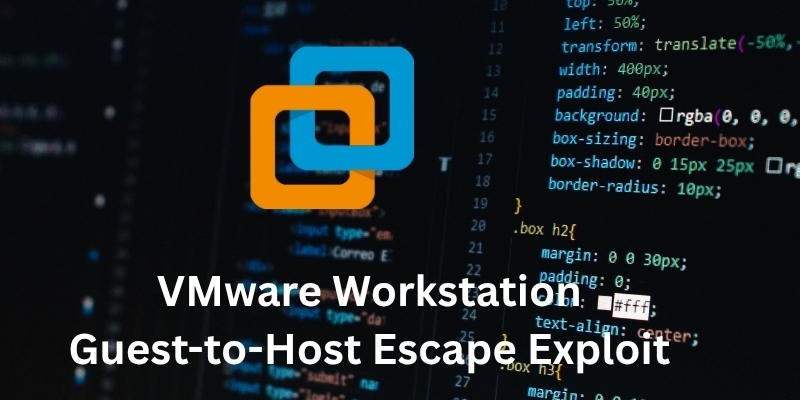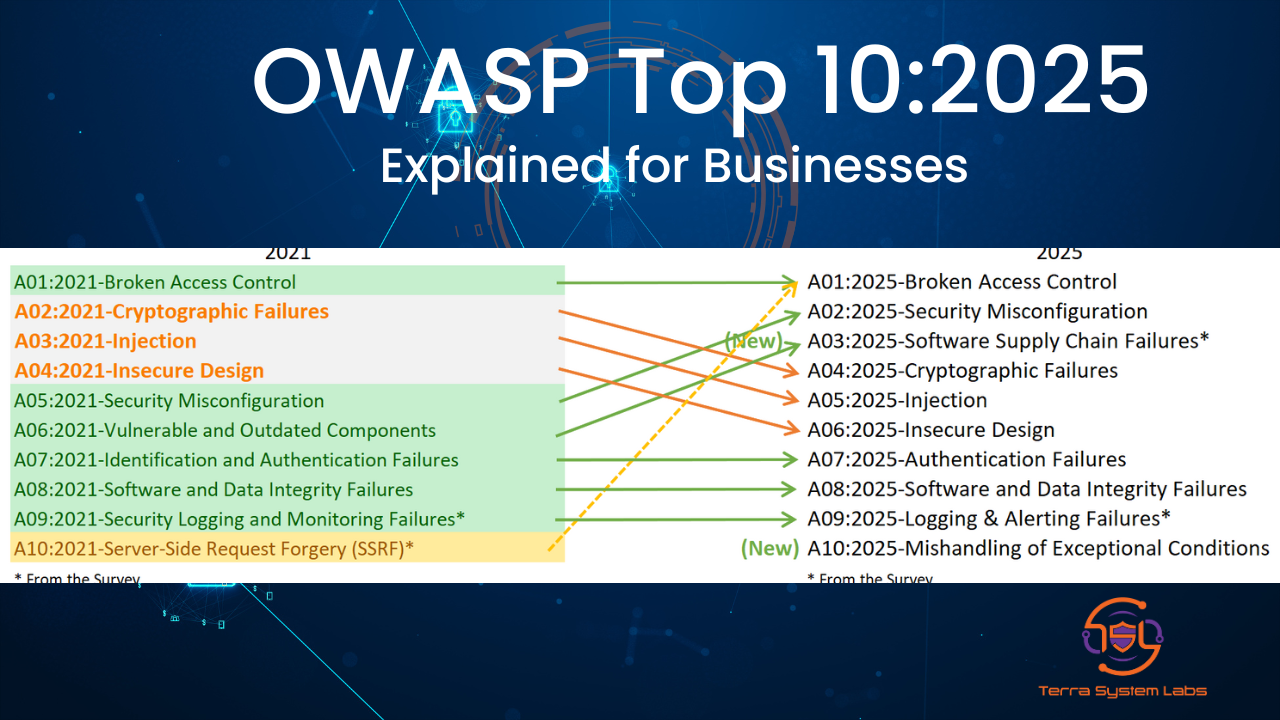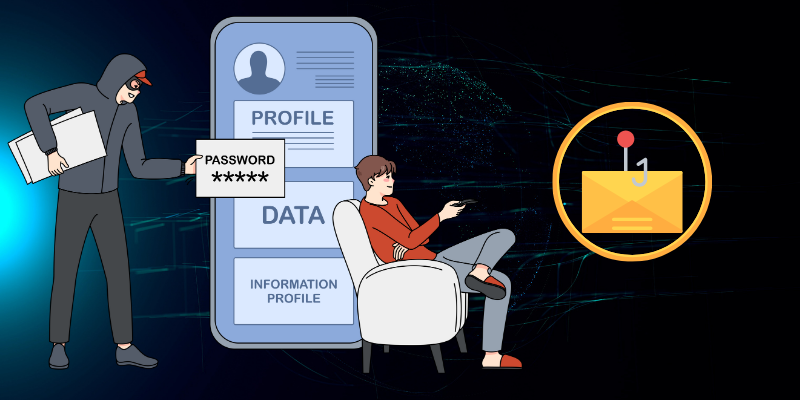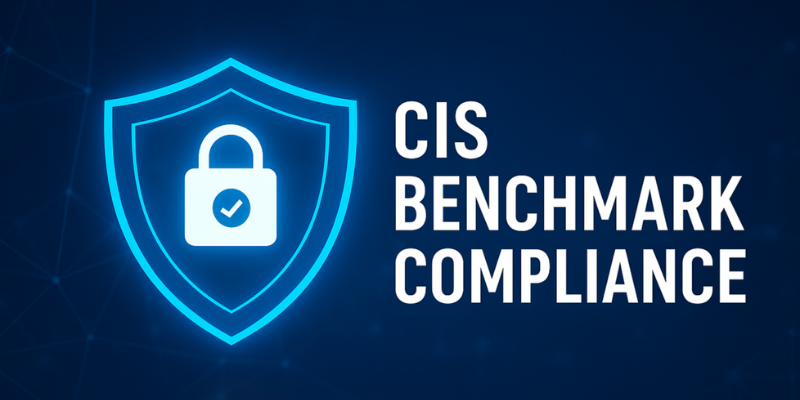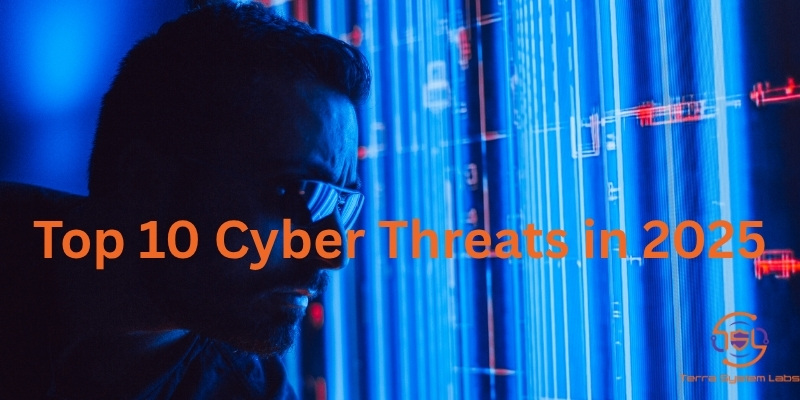Zero Trust Architecture in 2025: Why "Never Trust, Always Verify" Is Essential
AI impersonation scams and deepfake hiring schemes are skyrocketing as generative technology becomes more accessible. Cybercriminals can now create synthetic voices and faces to pose as job applicants, interviewers, or even executives. When you hire or onboard a new team member, you might not be talking to a real person at all.
Deepfake Candidates Are Infiltrating HR Pipelines
Fraudsters are increasingly using AI-generated video and audio to impersonate job candidates and secure roles under false identities. According to one survey, 17% of U.S. hiring managers reported encountering deepfake candidates in video interviews, and some firms found a significant portion of applicants were fake. State-sponsored groups - such as North Korean IT operatives - have used deepfakes to land remote jobs at global companies and siphon money or sensitive data. Analysts warn that by 2028, one in four candidate profiles could be fraudulent.
In one real-world case, a fake candidate using stolen identity documents and an AI-altered profile photo passed multiple interviews, reference checks, and background screenings - only to deploy malware once hired. Financial and reputational losses from these scams have reached hundreds of thousands of dollars, showing how serious this emerging threat has become.
How Deepfake Job Scams Work
Deepfake scams combine social engineering with advanced AI techniques to deceive even experienced recruiters. Scammers mix bits of stolen personal data with AI-generated visuals and audio, create realistic live video feeds, and may claim “technical issues” to conceal rendering glitches. In some cases, an accomplice off-camera feeds responses to the fake persona during interviews. With realistic voice-cloning tools, some imposters conduct entire interviews via phone - without video - making detection even harder.
Protect Your Hiring Process
To defend against AI impersonation and deepfake job scams, organizations should adopt a layered approach combining technology, policy, and training:
- Require multi-factor identity verification: Use video interviews combined with government ID checks, liveness detection, and signed background verification for all candidates.
- Use separate verification channels: Confirm any suspicious communication or platform changes via official email or verified phone numbers.
- Train recruiters and hiring managers: Teach staff to spot red flags such as unnatural eye movement, mismatched lighting, delayed responses, or a candidate who refuses to show their hands or surroundings. Awareness of manipulated audio and video cues is critical.
- Implement AI scam awareness: Educate employees to recognize phishing chatbots, fake job postings, and recruitment scams created using generative AI.
- Apply least-privilege access: Restrict new hire permissions to the minimum required and closely monitor early account activity for anomalies.
- Document and audit interview procedures: Standardize your remote hiring processes and require additional verification for roles with access to sensitive systems or data.
How Terra System Labs Can Help
Terra System Labs helps organizations safeguard their recruitment and HR processes against AI-driven threats. Our experts deliver social engineering penetration testing, employee awareness training, and device configuration reviews to build resilience against impersonation and data theft. We also perform penetration testing on HR systems and identity verification workflows to ensure they are free from misconfigurations and vulnerabilities.
With generative AI evolving rapidly, partnering with Terra System Labs ensures your hiring process remains secure while embracing innovation. From pre-employment checks to access control assessments, we help organizations stay ahead of the curve and protect their workforce integrity.
Stay Ahead of AI Impersonation Threats
AI-powered impersonation scams are becoming more sophisticated with every passing year. By investing now in training, verification technology, and secure onboarding practices, you can stop fraudsters before they join your team and protect your company’s reputation and data. Proactive defense today means safer hiring tomorrow.
Recent Posts
